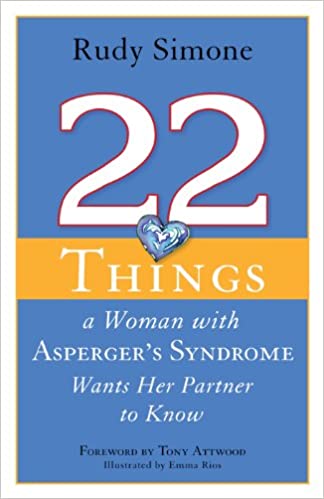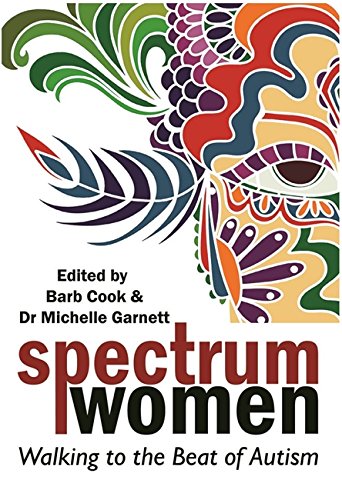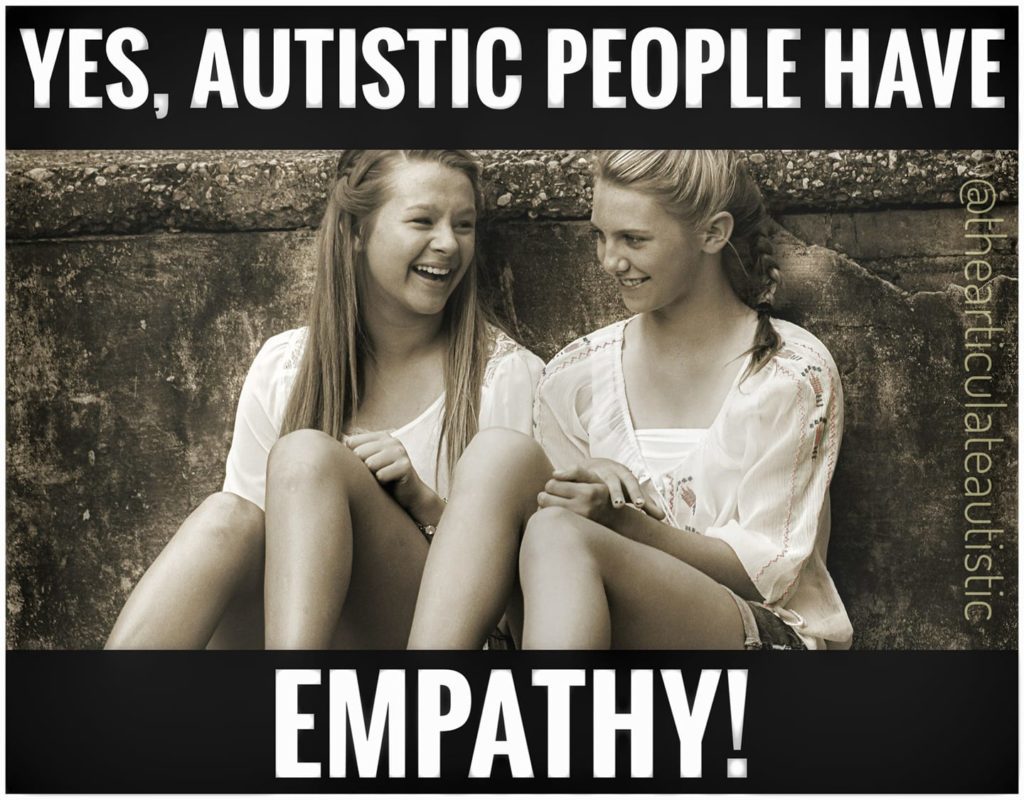“Why Do You Make Everything About You?” – Why Autistic People ‘Don’t Listen’ When You Vent

This is SUCH a common misunderstanding between ND (autistic) and NT (neurotypical) people, and it can destroy relationships, friendships, and jobs with the ND person absolutely flummoxed as to what happened, and the NT person not getting their emotional needs met and honestly believing the other person is a selfish asswaffle.
There is a reason for this.
Let’s do an example:
Claire (autistic) and Dawn (neurotypical) are having a conversation about their husbands:
Dawn: “Tim was late picking up the kids again. I swear the man is going to be late to his own damn funeral!”
Claire (eagerly): “Yeah. Roger has trouble keeping track of time, too. This one time, at band camp, he left our youngest daughter, Misty, just standing there with a tuba in the pouring rain for a solid hour!”
Dawn (unsure): “Yeah…men, right?”
Claire (unsure): “Right.”
Dawn (trying again): “So, band camp. I didn’t know Misty played the tuba. My eldest wanted to learn how to play the French horn, but we just didn’t have the money with my youngest being in ballet classes.”
Claire (happy for a new topic): “Ballet classes. Oh, I remember those! My feet hurt all the time. I’m glad my parents let me quit. I was so uncoordinated anyway.”
Dawn (annoyed because Claire didn’t take the hint that Dawn wanted to confide her financial troubles): “Yeah, money has been tight.”
Claire (grateful she can relate to this topic, as well): “Yeah, that’s rough. I’ve been there. When I was a kid, we once went a whole year without hot water because we just couldn’t afford it.”
Dawn (annoyed and sarcastic): “Man, you have had it rough! What with the tuba and the lack of hot water for a year, how DID you manage?”
Claire (confused and startled): “What?”
Dawn (blowing up): “Why do you always have to make everything about you every time we have a conversation!?”
Claire (stunned and hurt): “What? Wait…what just happened?”
Dawn (frustrated and defeated): “I was trying to TELL you something. We’re about to lose the house, Claire!”
Claire (shocked): “What??”
Dawn (giving up): “I have to go. I’ll see you later.”
That conversation was so awkward for both of them! So, what happened?
(Article continues below.)
The best way to improve communication with your autistic loved one is to understand how your autistic loved one’s mind works! Intentions, motivations, and personal expressions (facial expressions or lack thereof, body language, etc.), are often quite different in autistic people than they are in neurotypical people.
Experience a better understanding of your autistic loved one by reading books about life from an autistic perspective as well as stories that feature autistic characters. You’ll have so many “Ah ha!” moments and start seeing your autistic loved one in a different light (and you’ll have a better understanding of their behaviors, which you may have been misinterpreting up until now).
Books I recommend for a better understanding of your autistic loved one:
Dawn, the NT, was dropping hints and trying to get her ND friend, Claire, to pick up on them and talk to her about a difficult subject.
Claire was listening carefully to each separate topic of conversation and telling her own matching stories in an attempt to connect with Dawn and show her she understood.
Dawn ended up thinking Claire was being rude, and Claire was dumbfounded by her friend’s sudden reaction and departure.
ND people, by and large, try to relate and connect with others by sharing similar stories, whereas, most NT people connect and share by listening and saying things like, “That must be rough”, “Tell me more”, “I understand”.
NT people will likely pick up on body language and tone of voice, but an ND person might not see those cues and rely heavily on words alone.
Autistic people also take things at face value, so we might miss subtext and be mistaken for being rude or self-absorbed because we are reacting to each thing said to us in a completely literal way. The neurotypical person we are speaking to may think we are purposefully ignoring social cues and hints when we literally cannot see them.
We are not being rude or uncaring, we are just speaking another language.
Follow me on Instagram.
Want downloadable, PDF-format copies of these blog posts to print and use with your loved ones or small class? Click here to become a Patreon supporter!











So, casual mention of a late husband, and then, not having money for something, are “cues” for “we’re about to lose the house”? It sounds like a cross between small talk, and stuff leading into personal business. I myself would be curious why they were having financial problems, and would want to ask (and probably would have when younger and hadn’t learned) but would think, depending on the closeness of the relatonship, they would probably not want to share that, and that THAT might be inappropriate, and thus be the “social faux pas” that I as the ND would need to refrain from. ND’s are often the ones criticized for speaking in ways others can’t understand.
So here, it seems like we end up “damned if we do; damned if we don’t”. (I feel other matters, such as psychological type come to figure, and some types have a sort of intuition where they can easily read very obscure “cues” like that, and thus expect others to as well, but not even every NT is like that).
I agree. Honestly, I’m just creating an approximation of neurotypical speech. It’s definitely not my first language, but I tried to give a decent example. lol! Thank you for your comment.
Needing support from friends during a difficult time like that is valid.
To be honest, that sounded like an autistic person in a vulnerable time having trouble (put yourself in their shoes) opening up about a devastating topic.
The idea is that once you hear about the dire situation, you respect the weight of the situation. The emotional toll that it takes on the person, and give them a break for not communicating in a way that lines up just right. They’re human, stressed and emotional.
Focusing on “What did I do?” directly after hearing what they are going through, rather than focusing on the fact that the person is struggling through a very difficult time, is something to be mindful of.
I don’t mean invalidate any feelings that you have, just be self aware, and look at the situation looking at both of your perspectives.
I am autistic and have ADHD combined.